The WTO announced on May 19 that Russia’s official request dated May 12 has been forwarded to the Dispute Settlement Body (DSB).
The EU’s CBAM implementation imposes additional carbon emission-based costs on imports of products such as cement, electricity, fertilizers, iron and steel, and aluminum from countries with lower environmental standards to prevent carbon leakage. The EU argues that this regulation is necessary to prevent companies from relocating production to countries without carbon restrictions and to protect climate targets.
However, Russia argues that CBAM is a protectionist and trade-restrictive measure disguised as an environmental policy. According to Russia, this mechanism violates WTO rules and gives an unfair competitive advantage to EU producers.
Russia: CBAM restricts trade
According to the application form obtained by ICLG News, Russia argues that CBAM imposes “tariff-like” additional charges on imports, which violates the 1994 General Agreement on Tariffs and Trade (GATT). Russia also claims that CBAM’s monitoring, reporting, and verification obligations are burdensome for exporters and create uncertainty.
It is also claimed that CBAM provides financial advantages to producers within the EU, thereby distorting competition. According to Russia, the free emission allowances granted to sectors at risk of carbon leakage qualify as prohibited export subsidies.
Legal grounds and complaints
Russia's complaint addresses not only CBAM but also export incentives under the EU Emissions Trading System. It argues that providing free emission allowances to sectors at risk of carbon leakage constitutes a state-supported financial advantage for certain industries.
Russia claims that CBAM and the EU’s export support policies violate multiple WTO agreements, including the GATT 1994, the Agreement on Import Licensing Procedures, and the Agreement on Subsidies and Countervailing Measures (SCM). It argues that these measures undermine Russia’s rights and benefits under the WTO framework.
Russia also argues that obligations under CBAM, such as the requirement to obtain import permits, monitor and verify carbon emissions, and purchase CBAM certificates, impose significant costs on importers and create trade barriers. Furthermore, Russia emphasizes that exemptions granted to certain countries and products lead to discriminatory practices.
The EU argues that CBAM is necessary for combating climate change and is compliant with WTO rules. Brussels states that it has taken steps to ensure the mechanism is implemented transparently and predictably.
If the consultation process fails to produce a resolution, Russia is expected to formally request the establishment of a WTO panel. In that case, the delicate balance between environmental protection and free trade will once again be tested before an international tribunal.


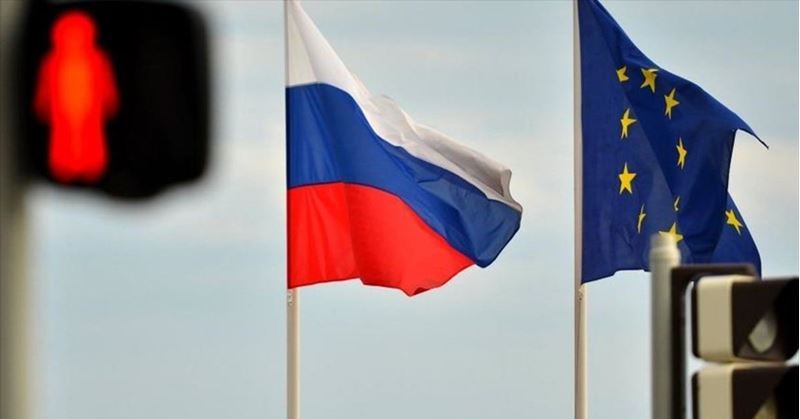
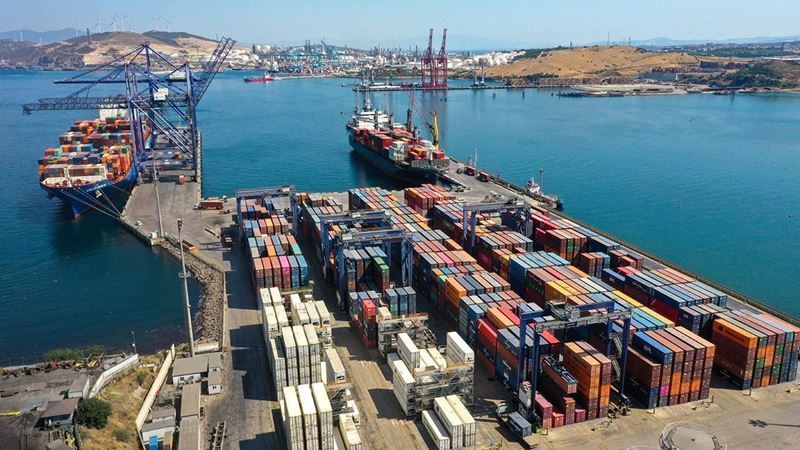
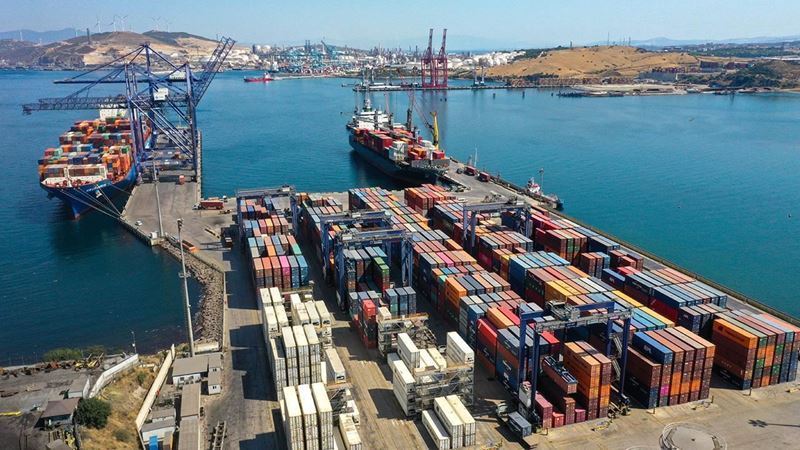
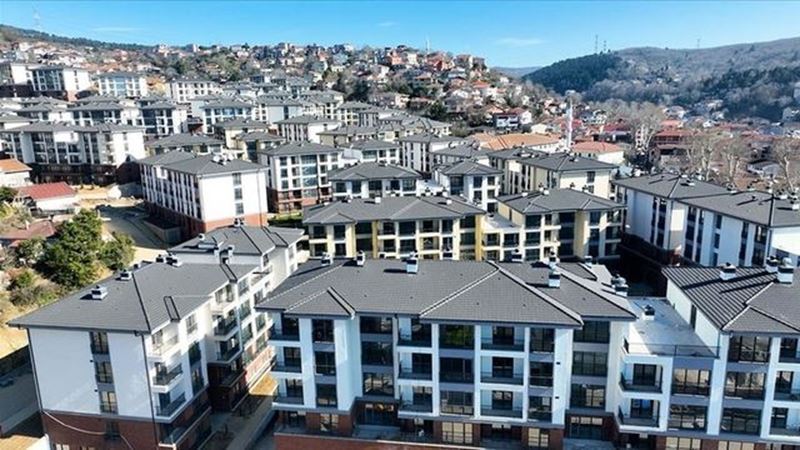
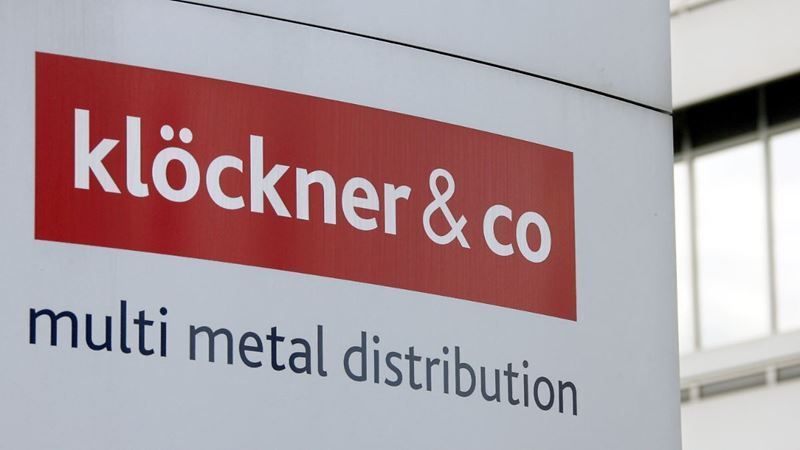
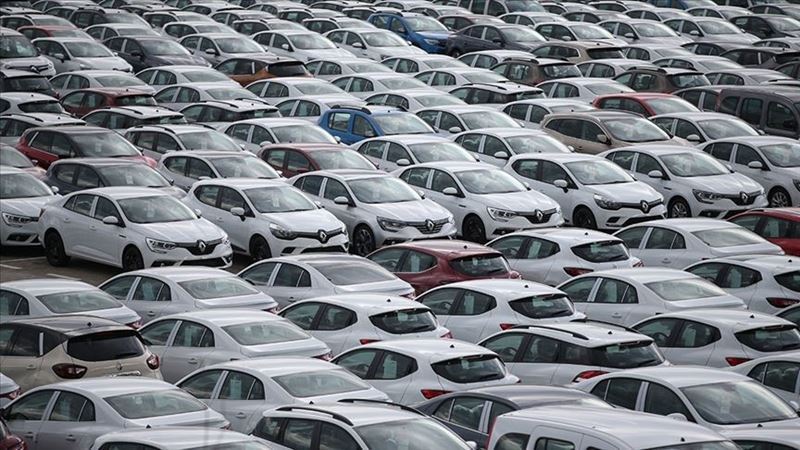


Comments
No comment yet.